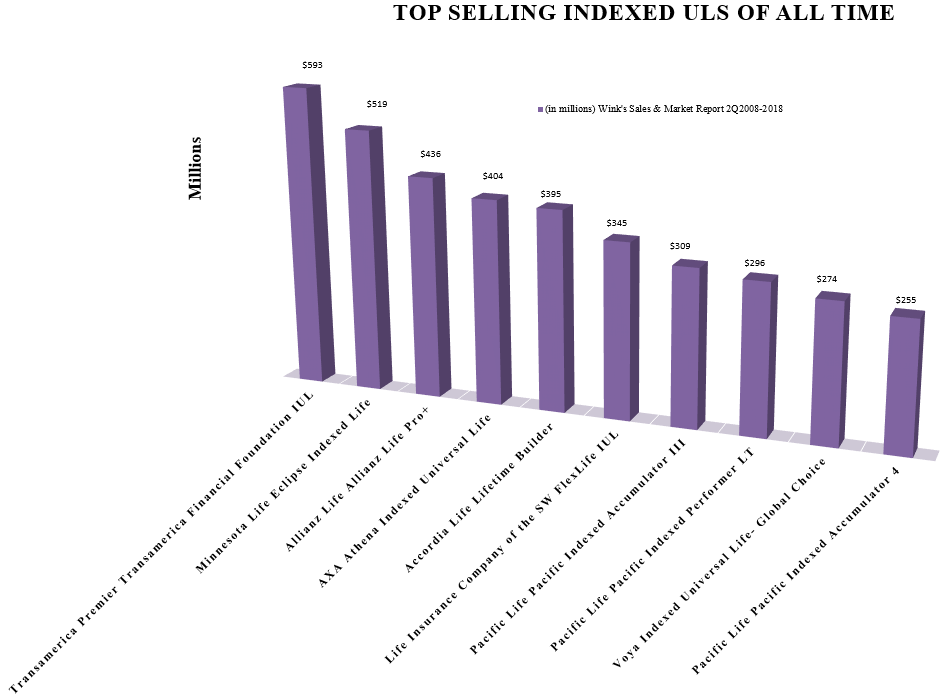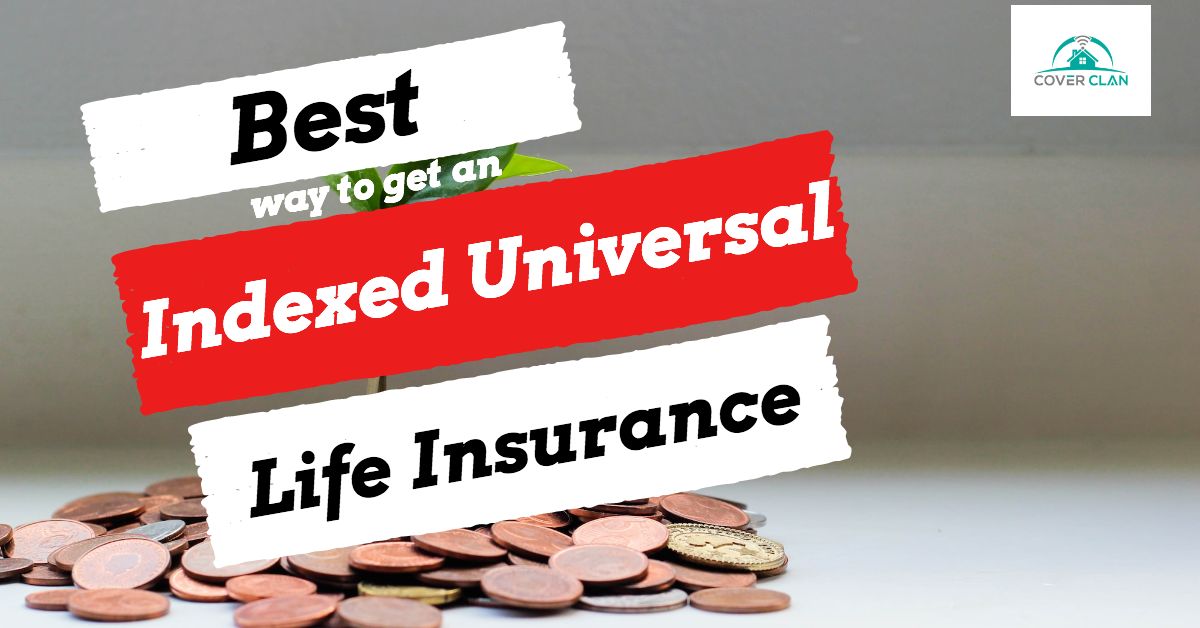All Categories
Featured
Table of Contents
1), usually in an attempt to beat their classification averages. This is a straw male disagreement, and one IUL people enjoy to make. Do they contrast the IUL to something like the Vanguard Overall Securities Market Fund Admiral Show no tons, an expense ratio (EMERGENCY ROOM) of 5 basis points, a turnover proportion of 4.3%, and a phenomenal tax-efficient document of circulations? No, they compare it to some dreadful actively taken care of fund with an 8% lots, a 2% ER, an 80% turnover proportion, and a dreadful document of temporary funding gain distributions.
Common funds commonly make yearly taxable circulations to fund proprietors, also when the value of their fund has decreased in value. Shared funds not only call for revenue reporting (and the resulting annual taxes) when the common fund is going up in worth, yet can likewise impose revenue tax obligations in a year when the fund has actually decreased in worth.
You can tax-manage the fund, collecting losses and gains in order to minimize taxed circulations to the financiers, but that isn't somehow going to alter the reported return of the fund. The ownership of common funds may call for the common fund owner to pay projected taxes (how does index universal life insurance work).

IULs are very easy to place so that, at the proprietor's fatality, the beneficiary is not subject to either earnings or estate taxes. The same tax obligation reduction methods do not function virtually also with common funds. There are many, usually expensive, tax traps related to the timed acquiring and selling of shared fund shares, traps that do not relate to indexed life Insurance policy.
Opportunities aren't very high that you're going to go through the AMT because of your common fund distributions if you aren't without them. The rest of this one is half-truths at ideal. While it is real that there is no income tax obligation due to your heirs when they acquire the earnings of your IUL policy, it is also real that there is no income tax due to your beneficiaries when they acquire a mutual fund in a taxed account from you.
Universal Life Insurance Calculator Cash Value
There are better means to stay clear of estate tax issues than acquiring investments with low returns. Mutual funds might cause income tax of Social Security benefits.

The growth within the IUL is tax-deferred and might be taken as free of tax revenue by means of financings. The policy owner (vs. the common fund manager) is in control of his/her reportable revenue, thus enabling them to lower or even remove the tax of their Social Safety benefits. This one is fantastic.
Here's an additional very little problem. It's true if you get a shared fund for state $10 per share prior to the circulation date, and it disperses a $0.50 circulation, you are after that going to owe tax obligations (probably 7-10 cents per share) despite the fact that you have not yet had any kind of gains.
Yet in the end, it's actually regarding the after-tax return, not just how much you pay in tax obligations. You are mosting likely to pay even more in taxes by using a taxed account than if you purchase life insurance policy. But you're additionally possibly mosting likely to have more money after paying those tax obligations. The record-keeping needs for possessing common funds are considerably much more complex.
With an IUL, one's records are maintained by the insurance provider, duplicates of yearly declarations are sent by mail to the proprietor, and circulations (if any kind of) are totaled and reported at year end. This one is additionally kind of silly. Of training course you should keep your tax obligation records in instance of an audit.
What Is The Difference Between Universal And Term Life Insurance
All you need to do is shove the paper right into your tax obligation folder when it appears in the mail. Rarely a factor to get life insurance policy. It's like this guy has never ever invested in a taxed account or something. Common funds are typically component of a decedent's probated estate.
Additionally, they are subject to the delays and costs of probate. The proceeds of the IUL policy, on the various other hand, is constantly a non-probate circulation that passes outside of probate directly to one's called beneficiaries, and is for that reason exempt to one's posthumous financial institutions, undesirable public disclosure, or similar hold-ups and costs.
We covered this one under # 7, however simply to wrap up, if you have a taxable shared fund account, you need to place it in a revocable depend on (or perhaps simpler, use the Transfer on Fatality designation) in order to prevent probate. Medicaid disqualification and lifetime income. An IUL can offer their owners with a stream of revenue for their entire life time, no matter of exactly how lengthy they live.

This is useful when organizing one's affairs, and converting properties to income prior to a retirement home confinement. Common funds can not be converted in a similar manner, and are practically always thought about countable Medicaid assets. This is another foolish one promoting that bad individuals (you know, the ones that require Medicaid, a government program for the bad, to pay for their assisted living facility) need to make use of IUL as opposed to shared funds.
Best Guaranteed Universal Life Insurance
And life insurance policy looks awful when contrasted rather versus a pension. Second, people who have money to buy IUL above and beyond their retirement accounts are going to have to be terrible at taking care of cash in order to ever before receive Medicaid to spend for their nursing home expenses.
Chronic and terminal disease rider. All policies will allow an owner's simple accessibility to money from their plan, usually waiving any abandonment charges when such people endure a major ailment, require at-home care, or become constrained to an assisted living facility. Mutual funds do not offer a comparable waiver when contingent deferred sales fees still relate to a common fund account whose proprietor requires to sell some shares to money the prices of such a keep.
Best Variable Life Insurance
You get to pay even more for that benefit (rider) with an insurance plan. Indexed universal life insurance provides death advantages to the beneficiaries of the IUL owners, and neither the owner nor the recipient can ever before lose cash due to a down market.
Now, ask yourself, do you really need or want a fatality benefit? I absolutely don't require one after I get to monetary independence. Do I want one? I intend if it were cheap sufficient. Naturally, it isn't low-cost. Typically, a purchaser of life insurance policy spends for real expense of the life insurance benefit, plus the prices of the plan, plus the earnings of the insurer.
Universal Life Guaranteed Rate
I'm not completely sure why Mr. Morais tossed in the entire "you can not shed money" again below as it was covered rather well in # 1. He simply intended to duplicate the very best selling factor for these things I intend. Once more, you do not lose small dollars, but you can shed genuine bucks, in addition to face serious possibility cost as a result of low returns.

An indexed universal life insurance policy policy owner may trade their plan for an entirely various policy without triggering revenue tax obligations. A mutual fund proprietor can not relocate funds from one shared fund business to one more without selling his shares at the former (thus triggering a taxable event), and buying brand-new shares at the latter, often subject to sales fees at both.
While it holds true that you can exchange one insurance coverage for an additional, the factor that individuals do this is that the very first one is such a horrible plan that even after acquiring a brand-new one and undergoing the early, unfavorable return years, you'll still appear in advance. If they were marketed the ideal policy the first time, they should not have any kind of need to ever before trade it and experience the very early, adverse return years once more.
Latest Posts
Adjustable Life Insurance Vs Universal Life Insurance
Iu L
Universal Retirement Protection